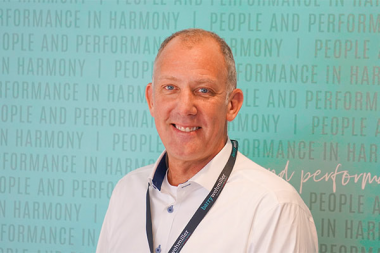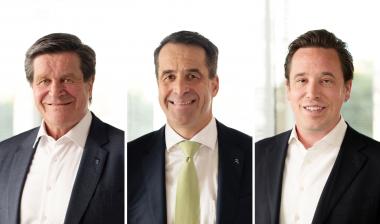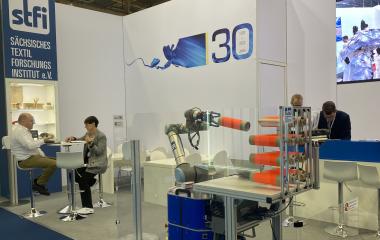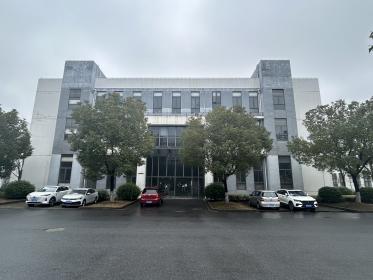Barry-Wehmiller appoints Vice President of Global Supply Chain
Barry-Wehmiller announces the appointment of George Berg as the Vice President of Global Supply Chain. In this new role, Berg will lead and develop a team to serve as the primary contact between Barry-Wehmiller and its suppliers throughout the world.
Under Berg’s leadership, the Enterprise Supply Chain team will establish formal guidelines that govern business transactions with Barry-Wehmiller and outline clear expectations for suppliers. Specifically, they will set global procurement policies and establish global preferred suppliers to deliver greater value to customers.
This reorganization streamlines operations across the spectrum of Barry-Wehmiller companies and provides suppliers with more opportunities as they deliver savings, support innovation, increase quality and reduce lead times.
Berg brings a wealth of experience in supply chain management. He joins Barry-Wehmiller from Robert Bosch, where he worked for 27 years in various supply chain, operation and finance roles. His most recent role was Vice President of Logistics and Supply Chain for the $1.6 billion automotive aftermarket division, where he led all supply chain functions, including planning, warehousing, transportation and foreign trade. Before that, he was the Chief Operating Officer of the heating, ventilation and air conditioning division. He also served as the Chief Financial Officer of the packaging division, which manufactured vertical and horizontal packaging systems for the food industry.
Barry-Wehmiller
































